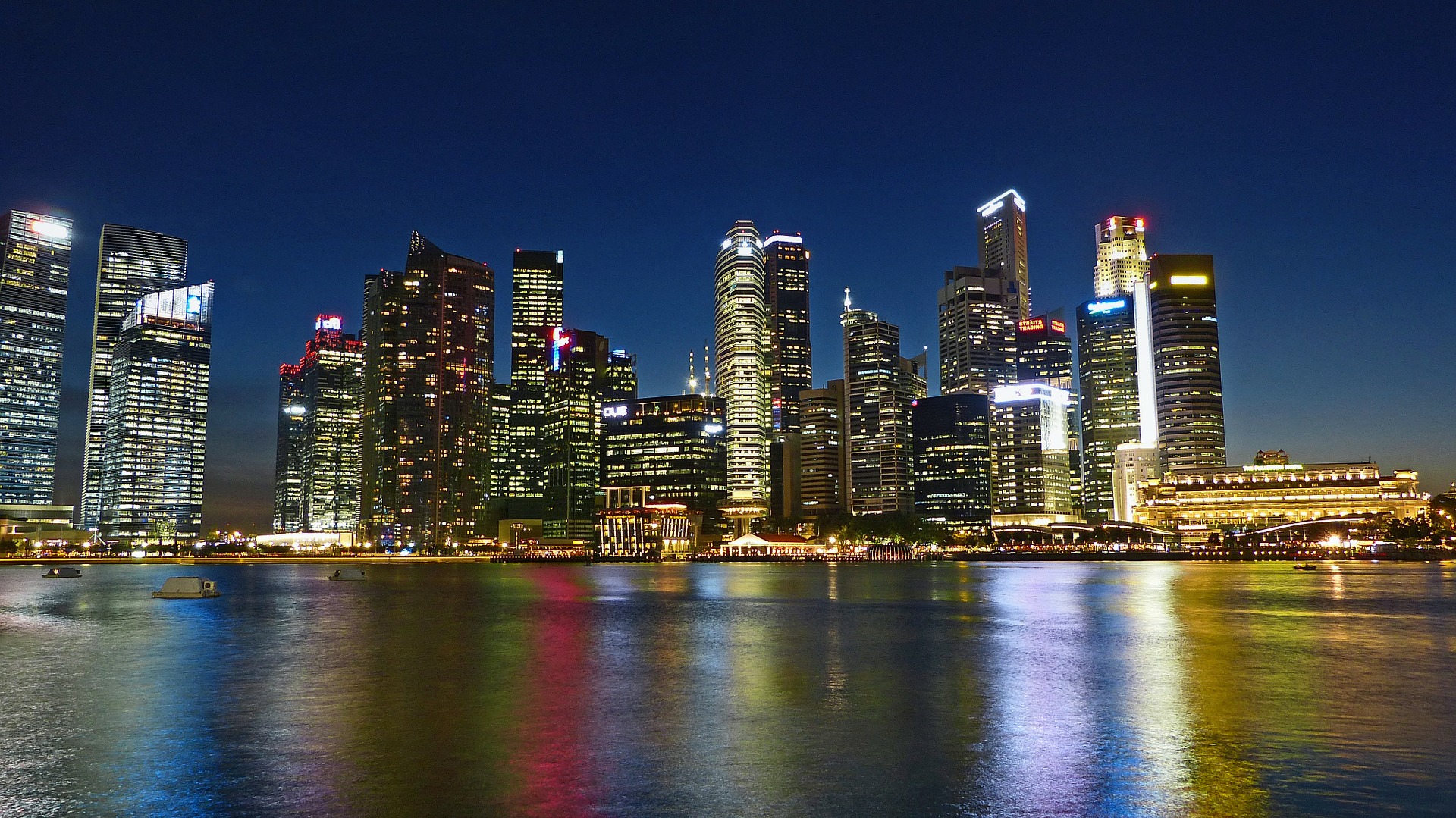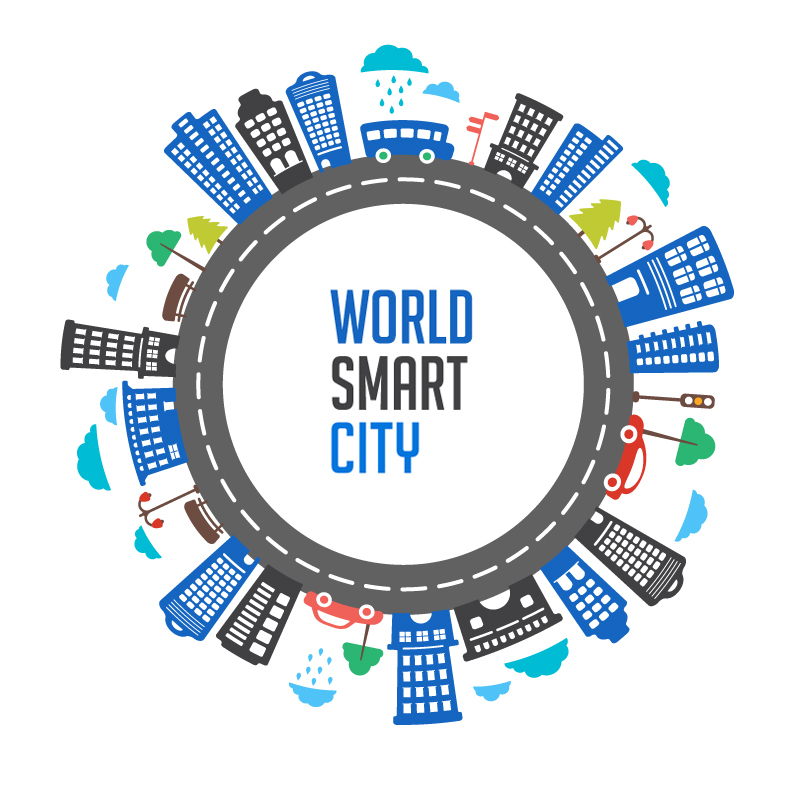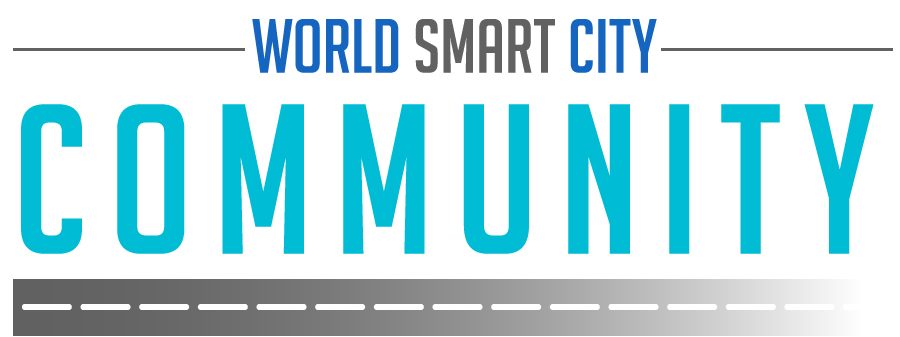‘A smart city comes from the rhythm of a city’ – Anil Menon, Cisco
Jonathan Andrews spoke to Anil Menon, Global President of Smart+Connected Cities, Cisco, during the New Cities Summit (21-23 June) in Montreal about his thoughts on PPPs, using cities as urban labs and the importance of startups
During the plenary session here in Montreal you talked about the out-dated model of PPPs and their role in the digital economy. How can they be overhauled?
We identified the issue of long tenures and we have heard this from the financial institutions too. The reason is very simple. When you do a 30-year concession you are making some estimates on what you expect your revenues to be, what your costs will be, and you then discount your way back. This is still rather straight forward for utilities but with IT it’s a bit different as within six months your costs and revenue estimates can be dramatically different. Can you imagine if you had done a PPP based on IT systems nine years ago before iTunes and iPhones were created? It transforms the entire thing.
Yesterday I was talking about a startup company that makes what is essentially a case that is placed around your smart phone. The case has a chip in it and if you have a heart condition you just put it on your heart to measure in the morning, the afternoon, and at night. It is as accurate as an ECG machine and can undertake 12 of the 15 protocols and costs less than a dollar.
The point is, we don’t know the future of technology so you can’t really model it, secondly we don’t know what the new forms of applications there will be. Look at Uber, who would have thought of Uber transforming the fleet management system? The point is we have to rethink the PPP model. There has to be risk taking on both sides and there has to be cost investments on both sides it cannot be one or the other.
You also mentioned that cities have to be living labs from which the big players learn from. When a big company steps into a city are the local entrepreneurs reluctant to give you that knowledge?
Not really, cities are just one component of the whole IoT sector. The cities component is a new industry that might be a US$3 to US$4 trillion economy–it hasn’t yet been created. So if everyone gorged themselves at this table there is still enough money for everybody. The value that large companies bring include stability and they understand how to scale, how to replicate and how to run things well.
The downside is because they are large, they cannot ‘move’, and may have some blinders, that’s where startups come in. Startups may try new things but sometimes when they try new things they are not thinking in terms of scale, they haven’t quite figured out how this can be scaled and this is where large companies working with local ecosystems makes it very useful.
Now, why local ecosystems? Because the next successful large companies will be the ones that survive those local ecosystems. Essentially the competition is between cities and you need to have local talent to come up with the apps for transport, culture and so on. If it works in your city and the startups know how to scale it and standardise it then other cities will adopt it because it is easier.
That is why the local ecosystem is important, if you treat it as a living lab, and you have the talent, you can deploy it quickly, react to it quickly and you can generate something. If you don’t have the local talent you have to keep buying, and the cost goes up and it is also slower.
Do you buy the local talent too?
We are very public in that we have a model. We spend 14 percent of revenues on research. Second, 80 to 90 percent of our revenues come through partnerships. Third, we invest, and fourth we buy. We have acquired around 19 companies in the last one and a half years alone. For us it is a way to find the best talent and to fund the best solutions out there. We invest in local talent.
You touched upon the role that unions can play in the digital economy. Could you expand on that further?
Unions came up during the industrial revolution because a lot of people felt the voice of the individual worker was not being heard. Today, people are much more migratory and cities want talent and people want jobs, so they will move. You can’t say to unions, ‘They don’t listen to what I will say’, you want them to come in, let them make their position.
Just one example, say a city has to implement budget cuts and they are going to lay off some people. Instead of laying off 20 or 30 percent of staff like teachers, fire-fighters or forensic police, there are all these emerging countries that don’t have that talent or knowledge. They are saying they need those skills. Well, we live in a digital world, if you believe in this globalisation of services, create a PPP that means a police officer will still receive 60 percent of his or her income from the traditional sources and 40 percent will come out of consulting to a police force in Indonesia or India or wherever. They become like a consultant and create a new form of revenue, and why can’t we do that? But the unions have to get involved.
The fundamental key point that I have made here at the New Cities Summit is that urban tech should be about urban experience. Chicago is not the same as London and does not have the same identity. You have to sense the soul of a city, sense what tourists want and what the residents want and then you try and generate that. The whole idea is that each city has its own rhythm and my message is don’t forget that because if you don’t get that right you won’t be creating a smart city.
For more insights visit www.cities-today.com and join the conversation on Twitter: @cities_today.


